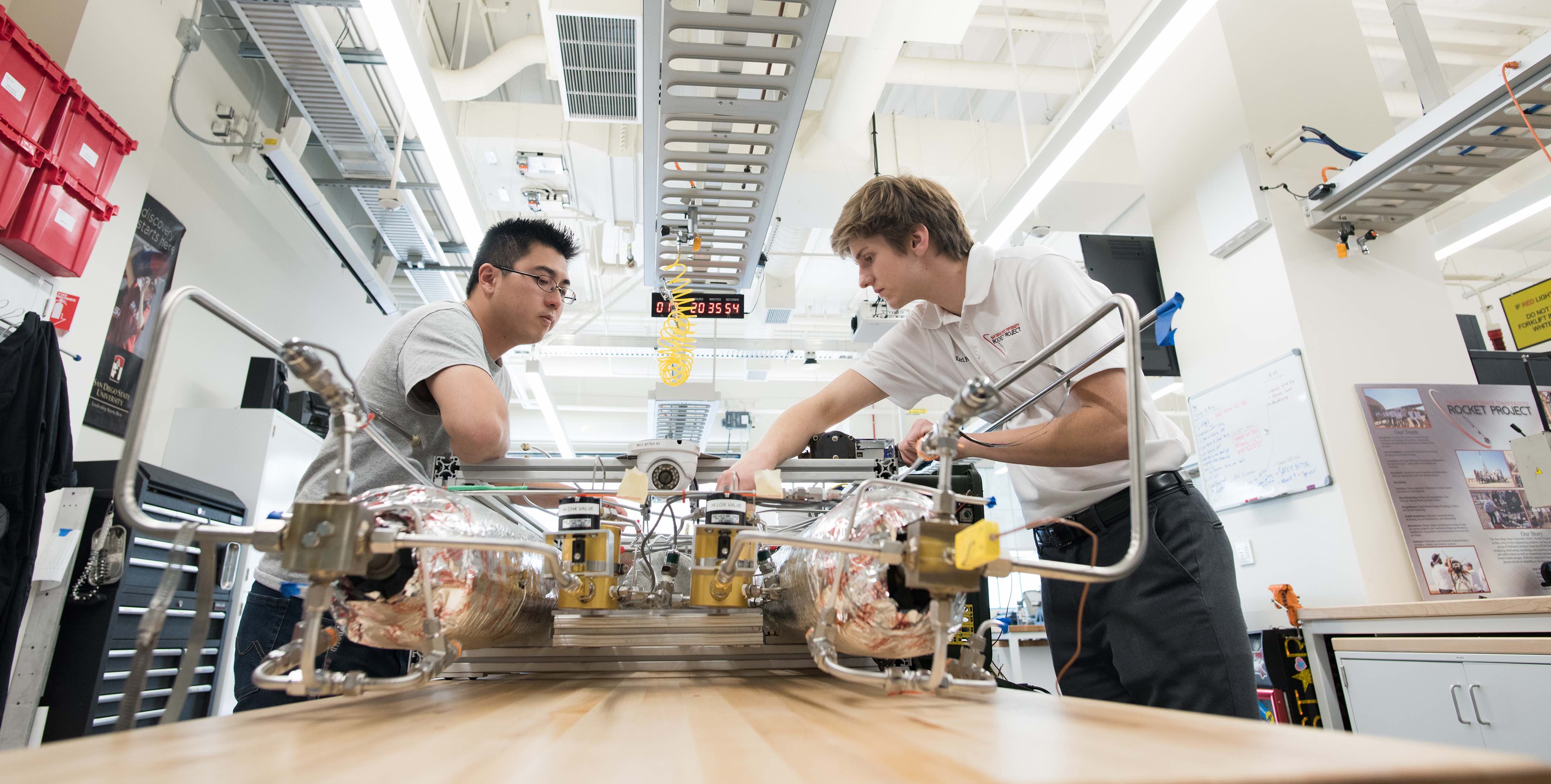Welcome to Our New 2022-2023 Faculty
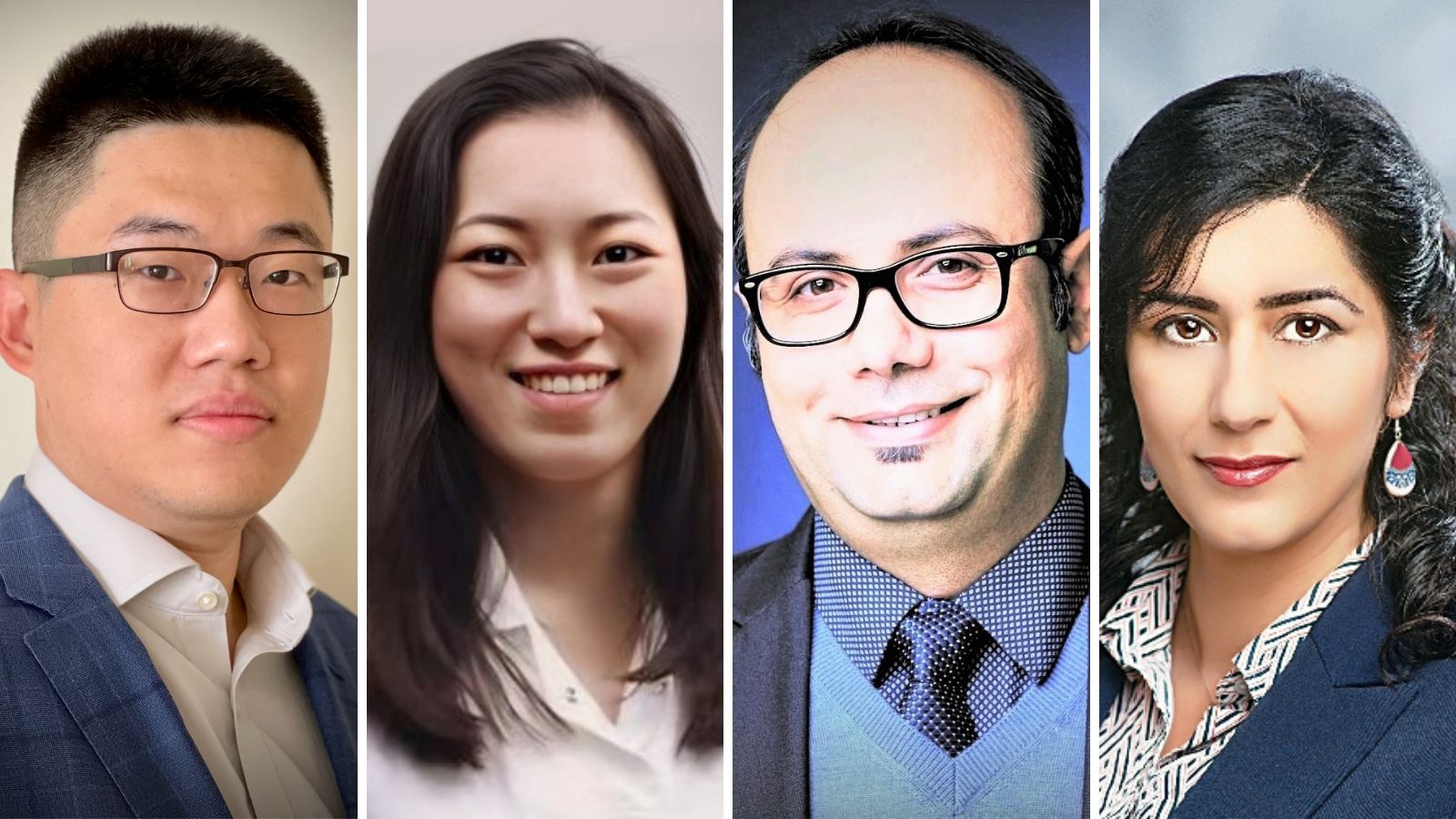
The College of Engineering would like to welcome its newest faculty members. These talented scholars will begin teaching at the start of the 2022-2023 academic year. Meet our newest faculty members who make the College of Engineering a great place to be:
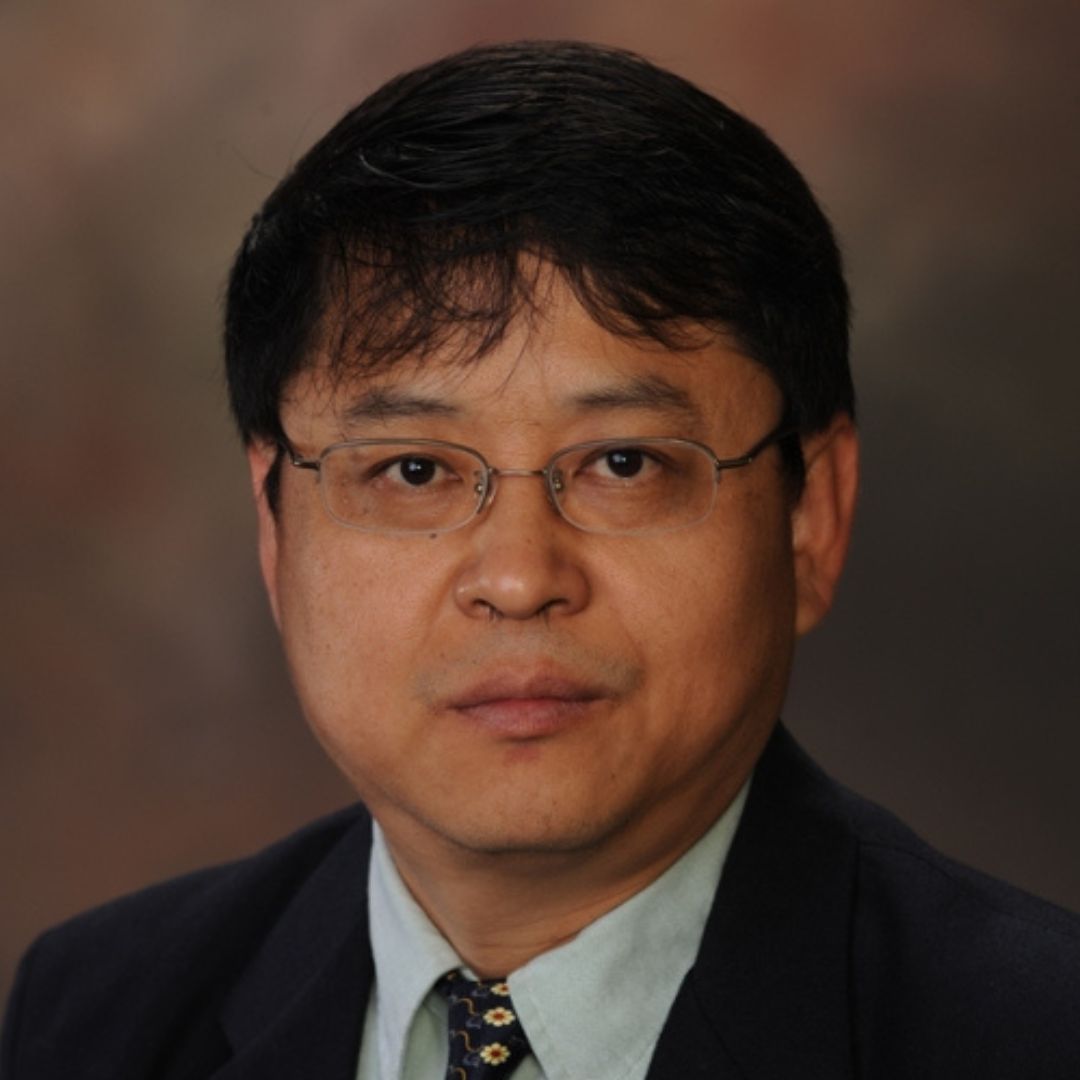
Chair | Civil, Construction & Environmental Engineering
Education:
PhD, Lehigh University
The new chair of the CCEE Department, Dr. Zhao was a Professor and Auburn Alumni Engineering Council Endowed Chair at the Department of Civil & Environmental Engineering at Auburn University since 2019. After a postdoctoral fellowship in Connecticut, Dr. Zhao joined Auburn University as Assistant Professor of Civil Engineering in 2001 and was promoted to the rank of Associate Professor in 2006. He is the recipient of numerous awards: Dr. Zhao is included in the Stanford University list of top 1% scientists in environmental sciences in the world, since 2020; and the Clarivate list of top 1% most cited scientists in the world, since 2021.
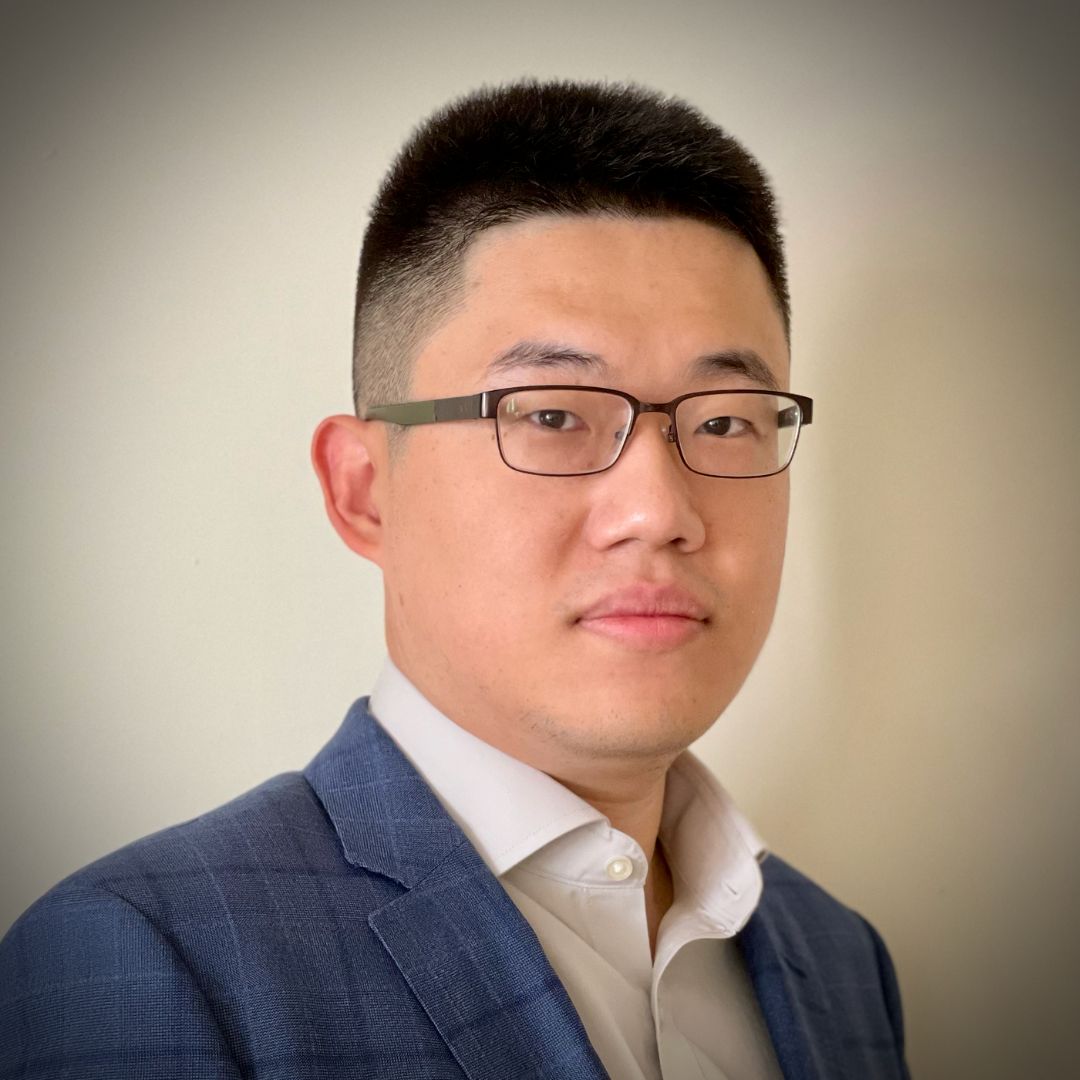
Tong Huang
Electrical and Computer Engineering
Education:
PhD, Texas A&M University
Tong Huang is an Assistant Professor in the Department of ECE at SDSU. Before joining SDSU, he was a postdoctoral associate at MIT. He received his Ph.D. degree from Texas A&M University in 2021. His industry experience includes an internship with ISO-New England in 2018 and an internship with Mitsubishi Electric Research Laboratories in 2019. As the first author, he received two Best Paper Awards at the 2020 IEEE PES General Meeting and the 54-th Hawaii International Conference on System Sciences. His research focuses on data analytics, cyber security, and modeling and control of power grids with deep renewables.
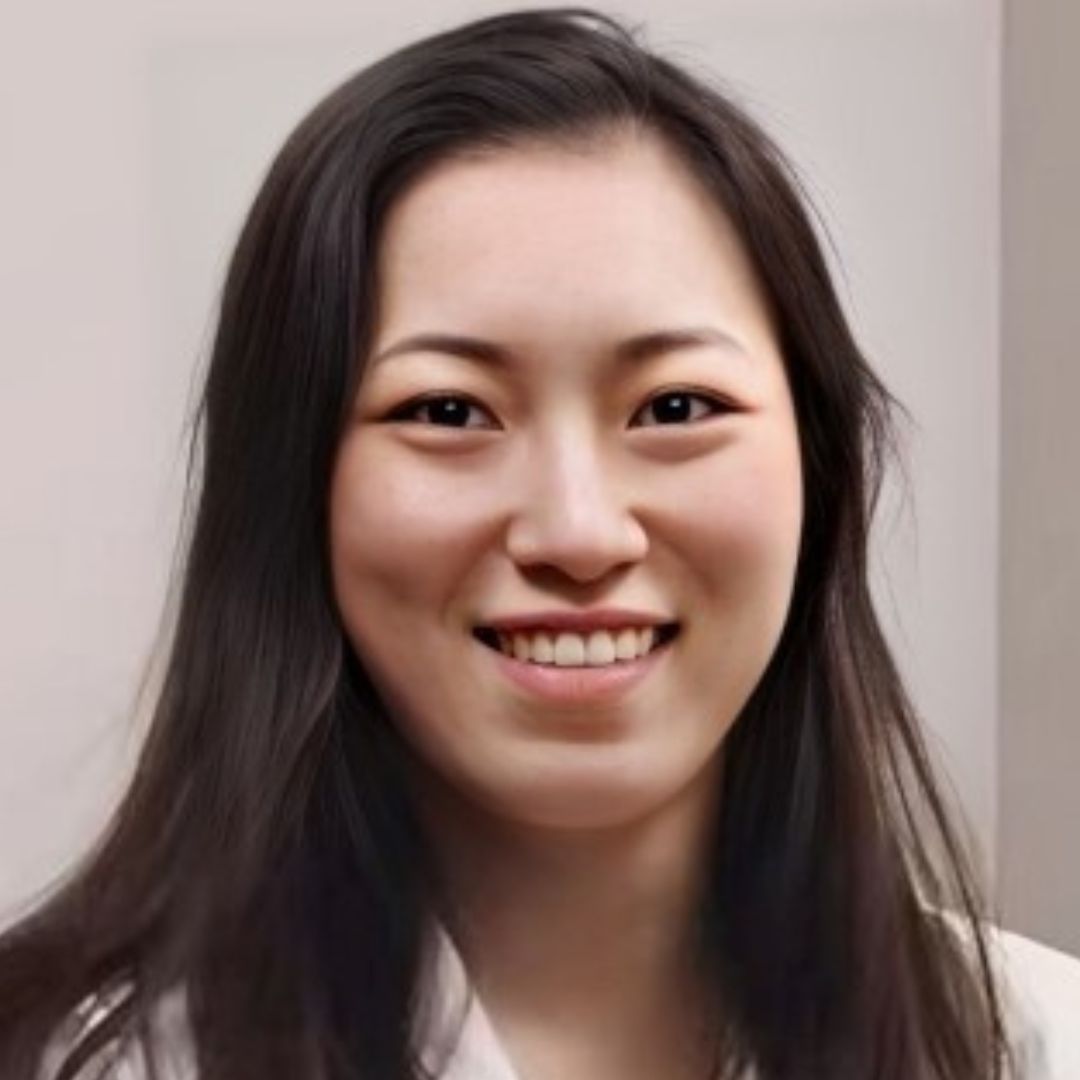
Hangyang Li
Civil, Construction, and Environmental Engineering
Education:
PhD, The Ohio State University
Dr. Li’s research combines engineering techniques and data mining approaches to better understand air pollution sources, emissions, and impacts. Specifically, her research interests include air quality monitoring, aerosol instrumentation, environmental justice, and machine learning analysis of aerosol properties. She has recently been working on characterizing the optical properties of carbonaceous aerosols and developing a toxic aerosol real-time analyzer. Prior to joining SDSU, Dr. Li worked as a postdoctoral research associate for two years at the Air Quality Research Center at University of California, Davis.
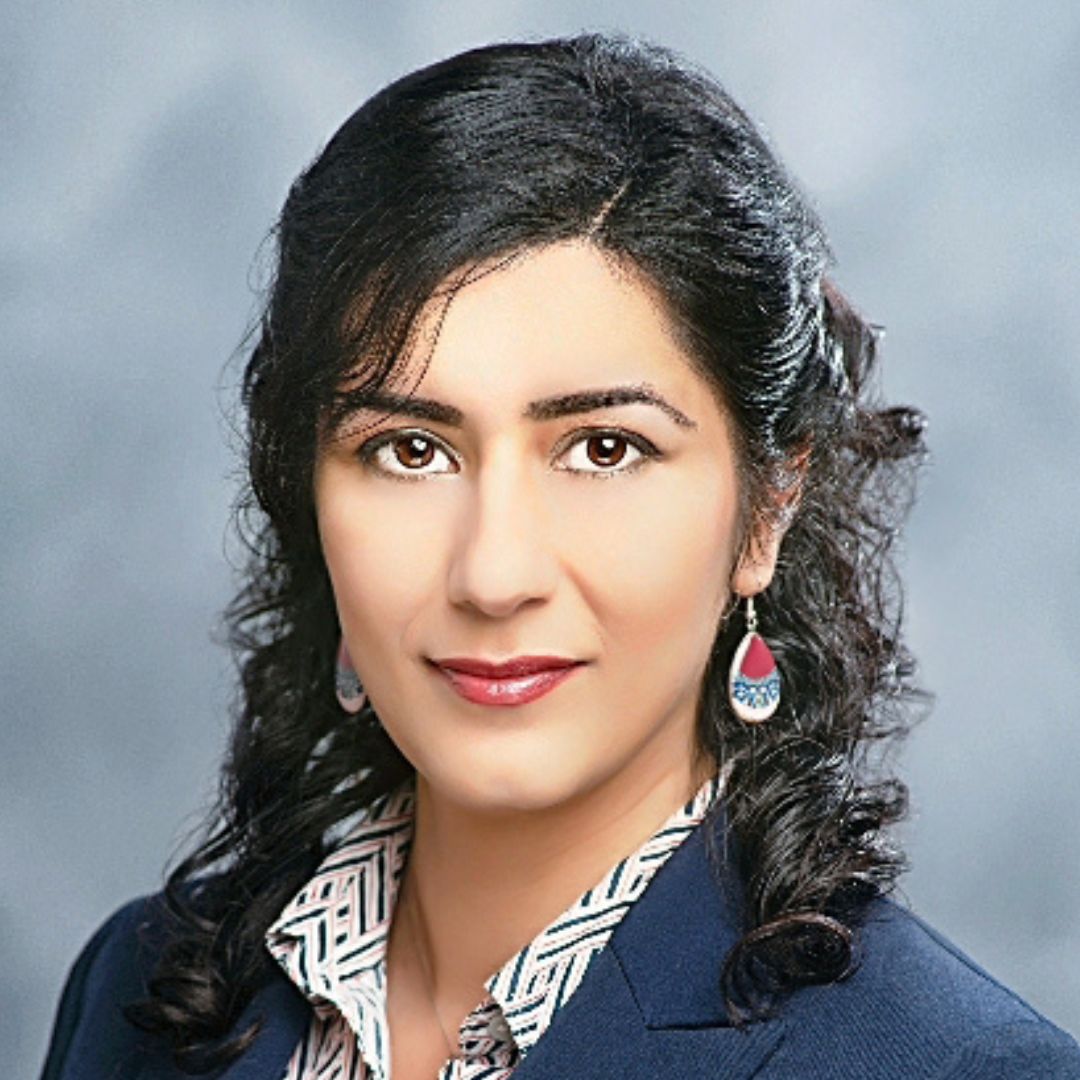
Sara Adibi
Mechanical Engineering
Education: PhD, National University of Singapore
Sara Adibi was an Assistant Research Professor at Center for Advanced Vehicular Systems
(CAVS) at the Mississippi State University (MSU). She is leading the computational modeling and simulation research group at CAVS and is involved in various projects in the data-driven and physics-based multiscale material modeling area as a PI, or senior investigator. Her research is funded through extramural grants from the NSF, US Army Engineering Research and Development Center, National Center for Manufacturing Sciences (NCMS), United
States Army Research Office, and the United States Army Tank-Automotive & Armaments Command.
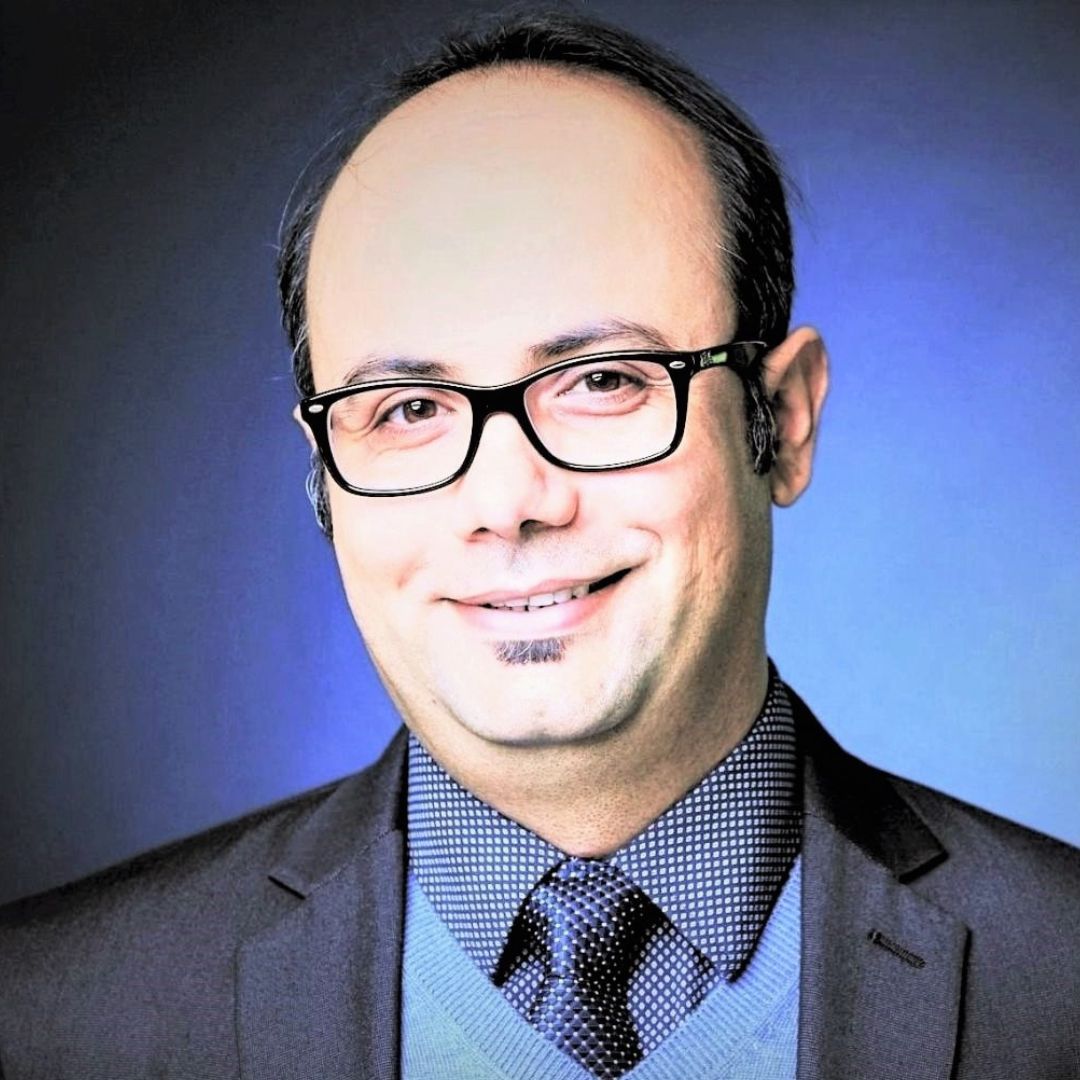
Maysam Heydari Gharahcheshmeh
Education: PhD, University of Houston
Dr. Gharahcheshmeh comes to SDSU from the Department of Chemical Engineering at the Massachusetts Institute of Technology (MIT) and working with Prof. Karen K. Gleason. I am working on nanostructural engineering of conducting and semiconducting polymers fabricated by oxidative chemical vapor deposition (oCVD) and initiated CVD (iCVD) techniques for energy device applications and wearable electronics. During my postdoc, we developed a texture and nanostructure engineering method to enhance the optoelectronic characteristics of conjugated conducting polymers through tuning the oxidant saturation ratio and π-π stacking distance. Before starting my postdoc at MIT, I received my Ph.D. degree in Materials Science and Engineering under the supervision of Prof. Venkat Selvamanickam from the University of Houston in 2017. My Ph.D. studies focused on developing the nanostructural and texture analysis methods for second-generation high-temperature superconductors (2G-HTS) fabricated by roll-to-roll metal organic CVD (MOCVD). The aim was to enhance the magnetic flux pinning mechanism and improving the critical current densities at different operating conditions of magnetic coils.

